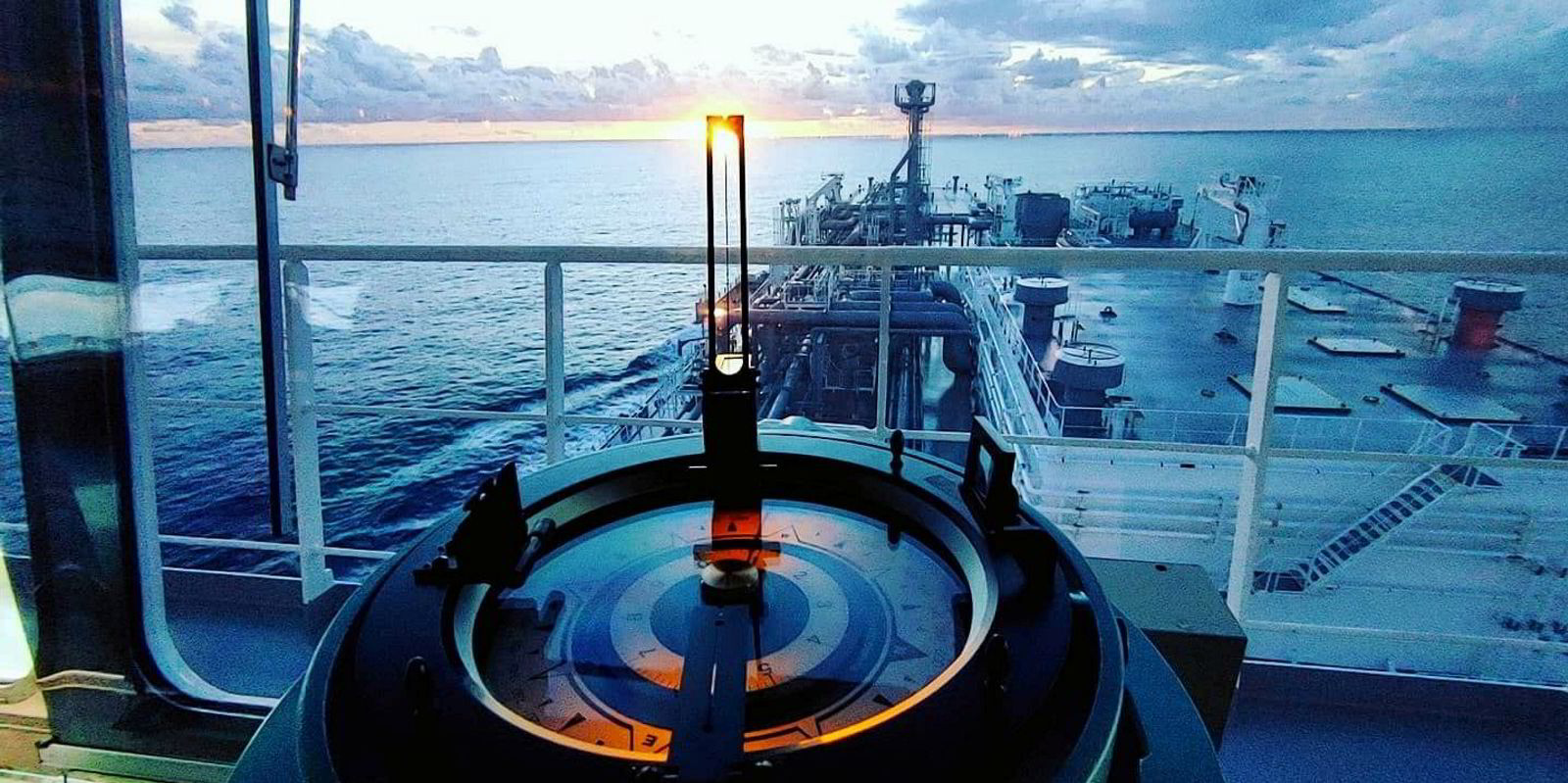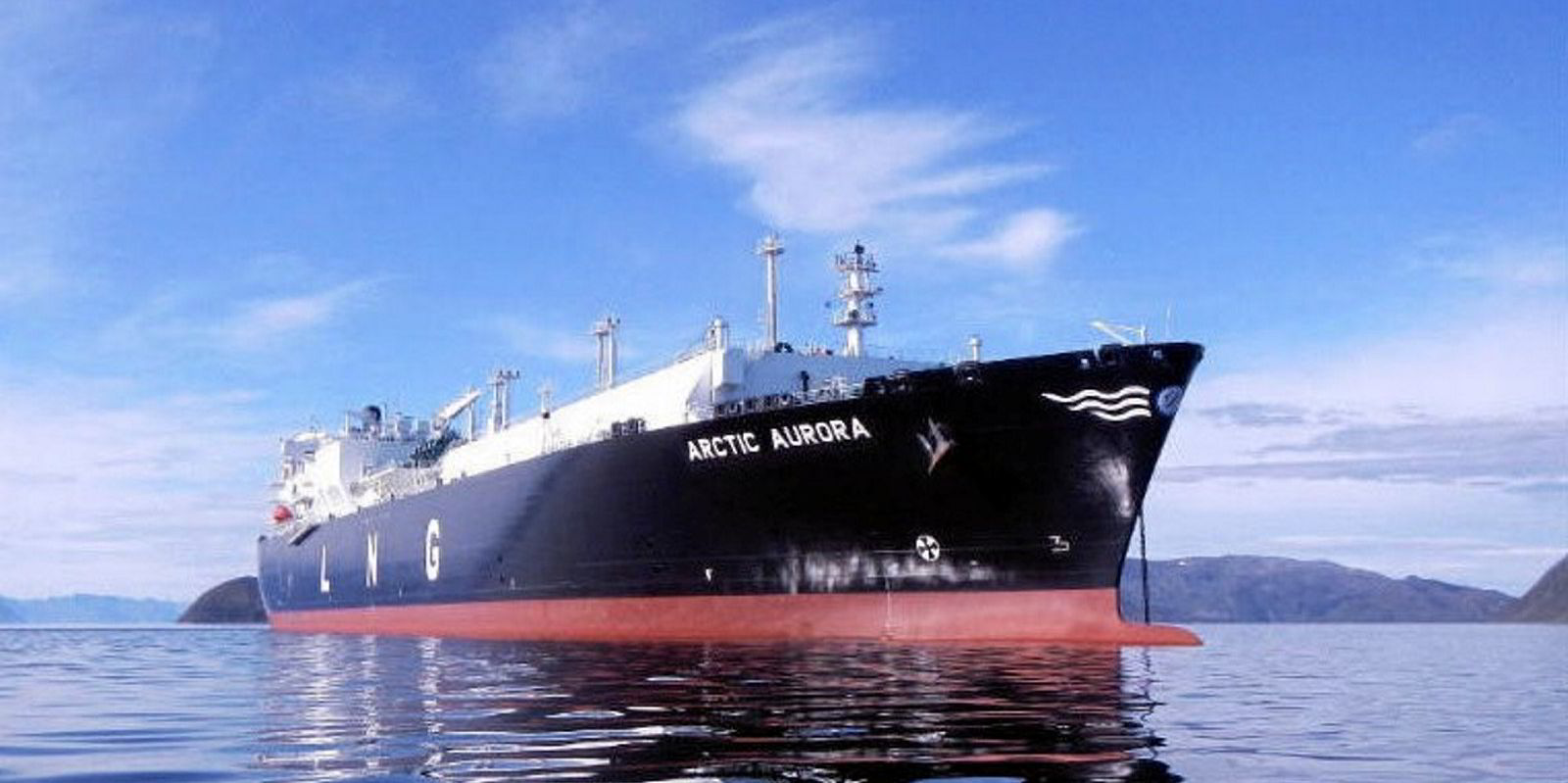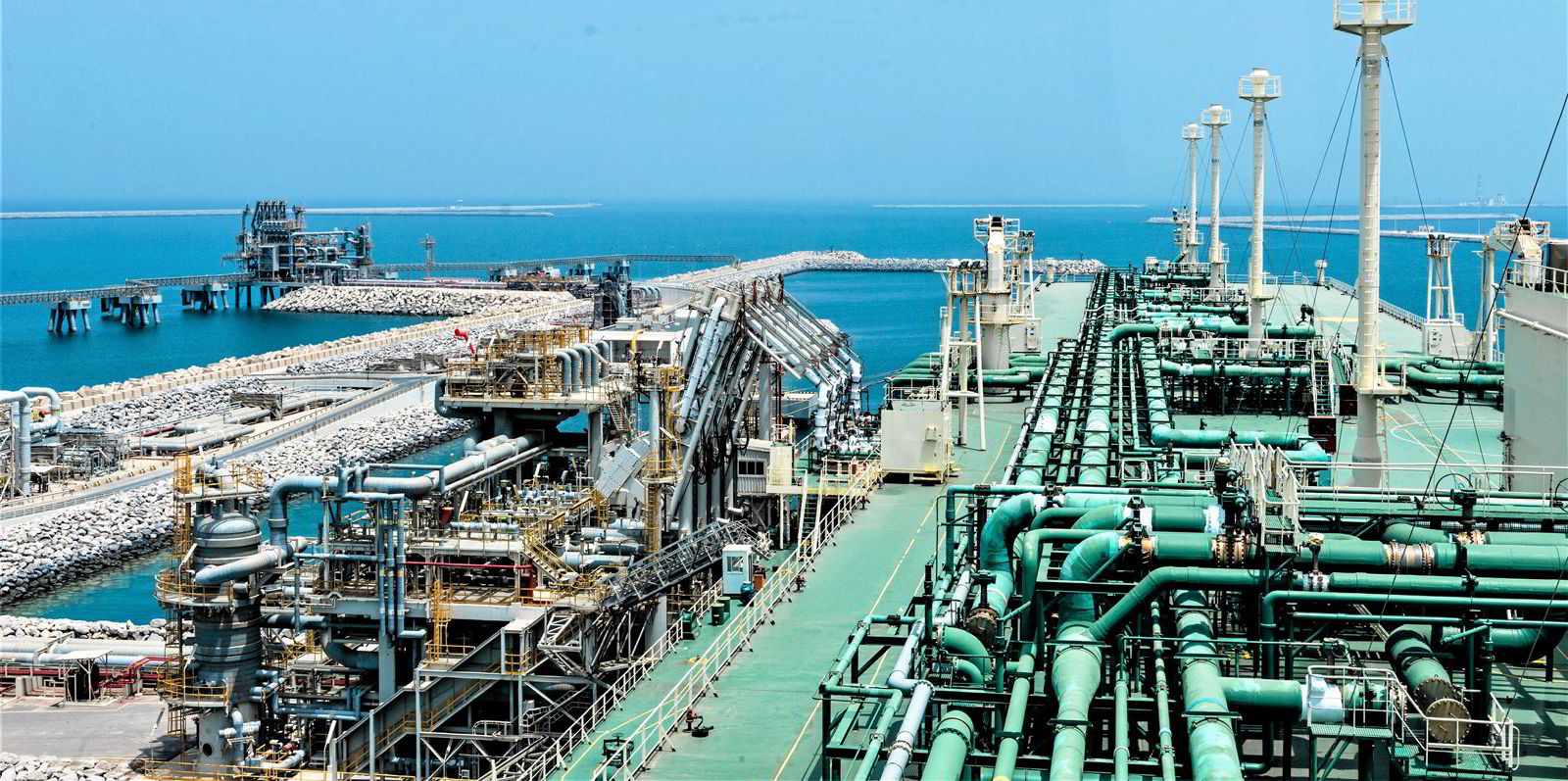An active period charter market for LNG carriers has boosted rates along with shipowner sentiment for a more upbeat year.
Brokers said charter rates for two-stroke, gas-injection vessels had shifted up into the high-$60,000s to low-$70,000s per day range for vessels fixed on one-year time charters.
Tri-fuel diesel-electric ships are commanding daily rates in the mid-$50,000s for similar business.
Two Maran Gas Maritime-controlled, 160,000-cbm LNG carriers were reported fixed for period charters.
Italy’s ENI was linked to one vessel at a daily rate in the high-$50,000s range.
Total is reported to have fixed the second for one year at a rate of around $55,000 per day.
The energy major was also seen taking a larger, Teekay LNG two-stroke vessel at a charter rate starting with a six, brokers said.
LNG shipping market players said the buoyant period market had helped soak up open tonnage and that has in turn lifted levels for spot trading vessels.
Fearnley LNG described spot rates for LNG carriers as "cautiously climbing" as vessel availability shortens.
But the pool of open tonnage remains comparatively long in the Far East against the number of ships available in the Atlantic trading basin and the broker said there is still a wide gap between period and spot rates.
The move to fix tonnage on multi-month business is seen as an effort by charterers to lock in vessels that will give them coverage over the winter period so they can avoid having to pay the high rates some were forced to commit to during the cold snap in Asia in December and January.
One LNG broker said there is “fundamental confidence” in the market, something not always seen during the so-called ‘shoulder months’ when demand can prove weak and start to slide lower.
He said the lack of US cargo cancellations for the summer, which put a damper on 2020s Covid-19-hit market, is helping improve the outlook.
LNG prices have also ticked up, Europe is continuing to experience cold temperatures and the high volume of LNG carrier newbuilding deliveries does not appear to have swamped the market.
There is also continuing and fresh enquiry for period business.
“The worst is behind us,” the broker added.







